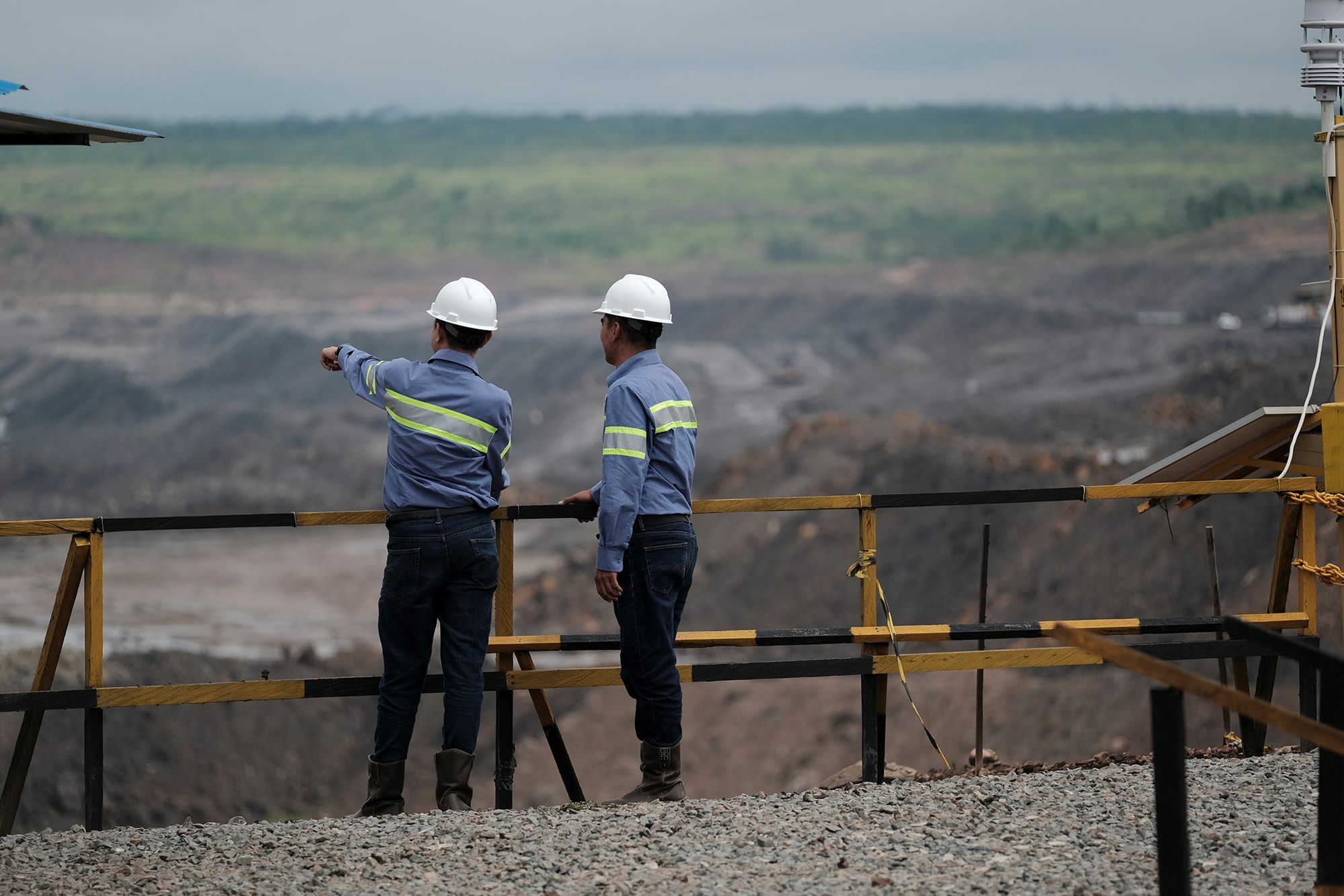

PT. Delta Dunia Makmur Tbk. managed to record a positive financial performance throughout 2022, recording revenues of up to USD 1.554 billion, or around IDR 24 trillion, an increase of 71% compared to the previous year. The company also recorded a net profit of USD 29 million or approximately IDR 448.1 billion. The company also distributed a total dividend of USD 5.15 million (approximately IDR 79.8 billion), which equals IDR 10.17 per share. Meanwhile, the company's EBITDA recorded a better position, worth USD 365 million or around IDR 5.6 trillion, an increase of 56% compared to the previous year.
Ronald Sutardja, President Director of PT. Delta Dunia Makmur Tbk. said, "Apart from the increase in production from Indonesia and global coal prices, the company's positive performance throughout 2022 shows the success of the diversification strategy implemented from Q4 2021 and throughout last year. The diversification includes metallurgical coal mining activities, notably through the acquisition of BUMA Australia in December 2021. Since the acquisition, the value of BUMA Australia's mining services contracts has increased fourfold from AUD 0.6 billion (IDR 6.1 trillion) to AUD 2.3 billion (IDR 23.6 trillion).
Consolidated production volumes have also increased significantly, as evidenced by the removal of 547 million bank cubic meters (BCM) of overburden. Meanwhile, the company's coal production increased to 87 million tonnes, a 61% increase compared to 2021."
Throughout 2022, the Company further diversified its business portfolio, with 13% of revenue coming from metallurgical coal mining operations and 87% from thermal coal mining operations. Going forward, the Company is committed to further diversifying its business, increasing mine site rehabilitation activities, and developing infrastructure business in Indonesia. The Company initiated a share buyback program in 2022, resulting in a share buyback of 712 million shares, representing 8.3% of the shares held by the Company as of 31 December 2022. The Company continued the shares buyback into 2023, and as of 14 March 2023, the number of shares bought back increased to 842 million shares, representing 9.8% of the shares held by the Company.
In addition, in November 2022, the company invested US$3 million (IDR 46.5 billion) in Asiamet Resources Limited (ARS) through a private placement, increasing its stake from 15.3% to 24.2%. "The investment will later be used to complete a bankable feasibility study for the Beruang Kanan Main (BKM) copper mining project to finance the BKM development project and the company's working capital. Going forward, our strategy is to continue to seek opportunities in future-facing commodities (FFCs)," said Ronald.
All these achievements are also based on an unwavering commitment to Environmental, Social, and Governance (ESG). In 2022, the company recorded several achievements related to its ESG commitments, such as maintaining carbon intensity at 0.016 tonnes CO2e/tonne of production for three consecutive years despite increasing production volumes, using B30 fuel for heavy equipment since 2019, and applying the circular economy approach to waste management. In addition, 40% of the total truck fleet operated by BUMA Australia are diesel-electric-powered trucks with lower carbon emissions and fuel consumption.
The company has budgeted IDR 19.5 billion in 2022 for economic empowerment, education, health, and other community-based initiatives. One of the company's initiatives is the collaboration between its subsidiary, BUMA, and vocational high schools (SMK) to roll out several programs to prepare soon-to-be graduates for the workforce. Through this activity, BUMA recruited 1,464 talented students and prepared them to become operators and mechanics. The collaboration also enabled the company and BUMA to reduce the unemployment rate among SMK graduates while meeting the human resource needs of the mining industry.
"We are committed to continuously taking strategic steps in all our operational areas to support environmental sustainability and sustainable development, by adopting the principles of technology-based operational excellence with a strong ESG focus and diversifying towards a low-carbon sustainable economic portfolio,†concluded Ronald.